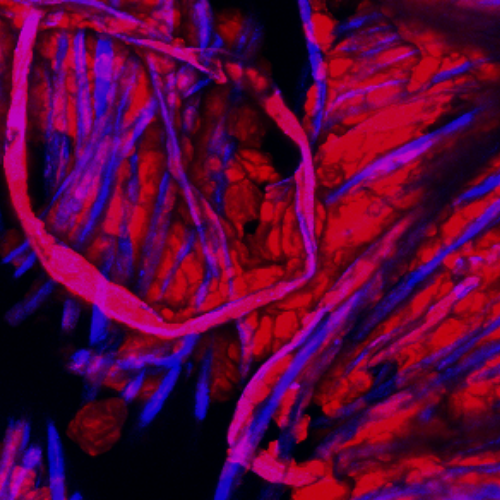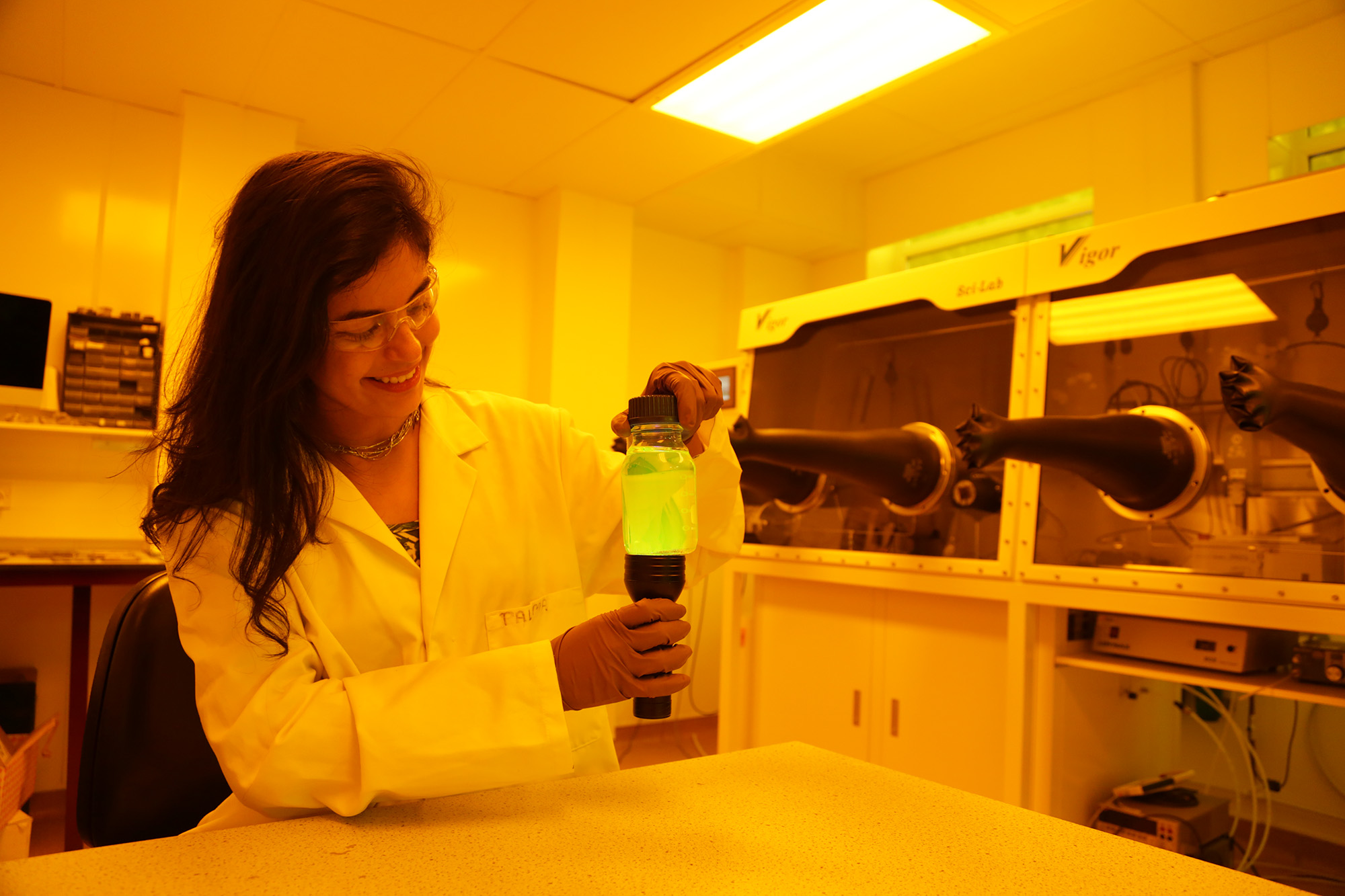Department of Physics

Welcome to the Department of Physics
The Department of Physics submitted eighty-five members of staff, comprising 84.2 Full-Time Equivalent (FTE), to the REF Physics UoA. The submission included five Early Career Researchers.

How physics is transforming our household cleaning products
Our strategic partnership with Procter and Gamble (P&G) has enabled interdisciplinary research projects across experimental, computational and theoretical physics.
About Us
The physics department at Durham University covers the full spectrum of physics research including particle theory, computational cosmology, observational astronomy, hard and soft condensed matter and quantum light and matter interactions incorporating both worlds leading theoretical advances and experimental research. One common focus of the research is on the application of high-performance computing to both analyse complex data, for example from CERN and astronomical telescopes around the world, and in running cosmological simulations.
The strategy of the department is to grow areas of strength from the perspective of fundamental physics understanding alongside the application of physics to real-world challenges. The impact of the research beyond academia is delivered through industrial collaborations with both multi-national companies, such as P&G, with SMEs, and through Durham led start-up companies including Kromek now a major stock listed company.
Over 80 staff were submitted to the REF exercise with a recognised mix of all career stages demonstrating Durham is helping to generate the next generation of world leaders in physics research. The strong research environment is well supported by a powerful array of computers both for running simulations and processing data of all types. A recent move for the department staff has been in the use of their analytical skills and processing expertise to look at data from a range of medical and life sciences sources as well as more everyday activity such as the drying of washing powder! Our outstanding PhD students, post-doctoral researchers and Fellowship holders provide are all part of our caring and vibrant research environment.
The undergraduate teaching is linked to the research with the students being taught by world leaders in their specific field. In the third year, many of the students work closely with companies in Team Projects as the fruits of physics research and methods are applied to real-world challenges. All of the final year students also undertake a research-led project and several of the publication submitted to REF came from research undertaken by our final year students.
Research Groups
Durham Physics has research groups spanning a wide range of areas, many of which undertake world-leading research: Astronomy, Centre for Advanced Instrumentation, Quantum Light and Matter, Condensed Matter Physics, and Institute for Particle Physics Phenomenology.
Like to Know More?
The Department of Physics hosts two Research Institutes, the Institute for Particle Physics Phenomenology and the Institute for Computational Cosmology which together make up the Ogden Centre for Fundamental Physics.
Physics is also strongly represented in many of the University Centres and Institutes that cross departmental boundaries, with members of staff in leadership positions.
Institute for Computational Cosmology
Institute for Particle Physics Phenomenology
Physics REF Impact Case Studies
Physics submitted 7 impact case studies, many showing how our research allows us to engage with industry to generate global impact that benefits innovation and the economy.




/prod01/prodbucket01/media/durham-university/departments-/physics/cosmo-simulations/centaurus_optical.jpeg)
/prod01/prodbucket01/media/durham-university/departments-/physics/cosmo-simulations/Eagle-Project.png)
/prod01/prodbucket01/media/durham-university/departments-/physics/research/impact-case-studies/PG.png)
/prod01/prodbucket01/media/durham-university/departments-/physics/research/impact-case-studies/Kromek-2.png)
/prod01/prodbucket01/media/durham-university/departments-/physics/research/impact-case-studies/Bruker.jpg)
/prod01/prodbucket01/media/durham-university/departments-/physics/research/impact-case-studies/Tokamak.jpg)
/prod01/prodbucket01/media/durham-university/external-location-photography-/campus-shots-/77881-930X540.jpg)
/prod01/prodbucket01/media/durham-university/departments-/physics/research/impact-case-studies/MagnetoOptics.jpg)
/prod01/prodbucket01/media/durham-university/departments-/physics/research/impact-case-studies/peratech.jpg)